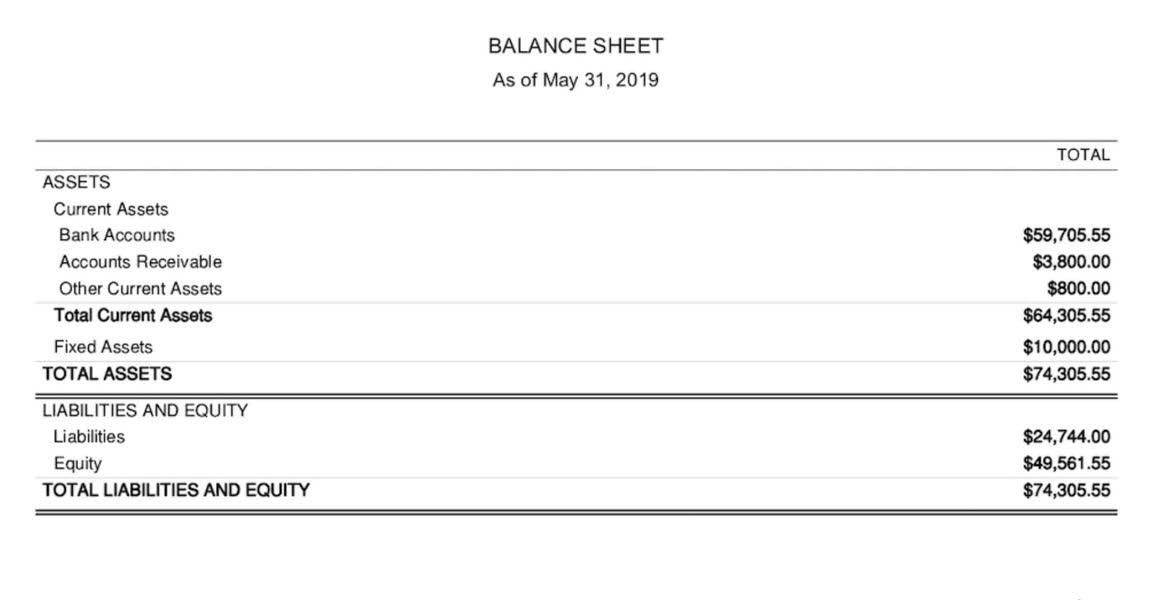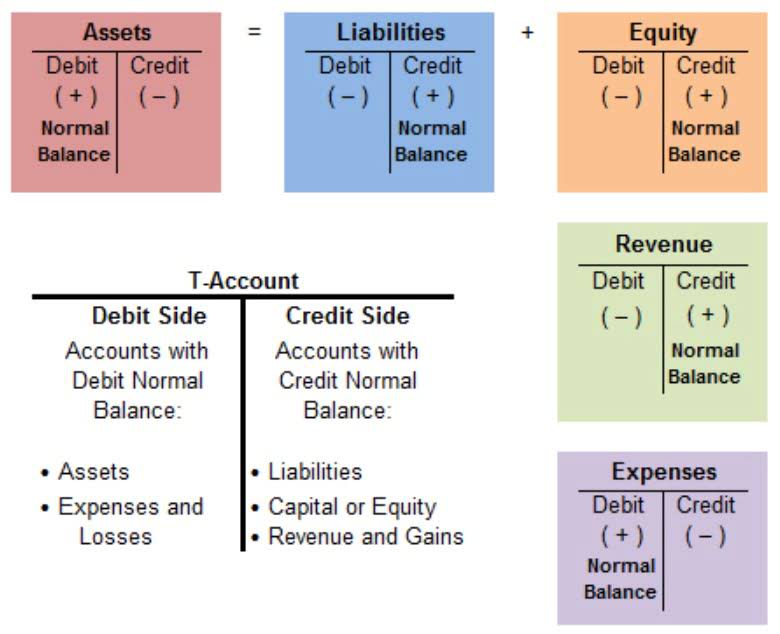
This assessment is based on an evaluation of various factors, including the organisation’s financial performance, liquidity, debt obligations, cash flow projections, and other relevant factors. The auditor’s assessment is then used to inform the organisation’s financial statements and other financial reporting documents. In financial reporting, the going concern assumption is embedded in frameworks like the International Financial Reporting Standards (IFRS) and Generally Accepted Accounting Principles (GAAP).
AI Startup That Went Bust Was Allegedly Actually Indians and May Have Inflated Revenue Too
Regulators also use the going concern memo to monitor the financial health of organisations in their respective industries. In addition to IAS 1, IFRS 79 requires disclosure of information about the significance of financial instruments to a company, and the nature and extent of risks arising from those financial instruments, both in qualitative and quantitative terms. Disclosures addressing these requirements may need to be expanded, with added focus on the company’s response to the effects of COVID-19. This includes information known or reasonably knowable at the date the financial statements are issued (or available to be issued). Going concern concept is closely linked with business entity concept, materiality concept and historical cost concept. For example, in assessing going concern, a business is looked at in isolation of its owners, etc. (in line with entity concept); and only material reasons affect the likelihood of continuing operations (in line with materiality concept), etc.
Remote Senior Tax Manager, CPA
Accountants who conclude that a company is a going concern generally believe the company is using its assets wisely and does not have to liquidate anything to meet its financial obligations. In an audit, the assessment of going concern is a critical component that determines the appropriate accounting treatment and the scope of audit procedures. A business runs on the going concern basis of the products/services offered to the consumers. The pulse of an industry from a fruit seller to a multi-national company selling IT services will be the same.
What is the importance of the going concern concept?
Under US GAAP, management’s plans are ignored under Step 1 of the going concern assessment. Their mitigating effect is considered under Step 2 to determine if they alleviate the substantial doubt raised in Step 1, but only if certain conditions are met. This means management needs to run two sets of forecasts, before and after management’s plans, whereas IFRS Standards are not prescriptive in this regard. Management typically develops AI in Accounting plans to address going concern uncertainties – e.g. refinancing of debt, renegotiating breached covenants, and sale of assets to generate sufficient liquidity to continue to meet its obligations as they fall due. IFRS Standards do not prescribe how management should evaluate its plans to mitigate the effects of these events or conditions in the going concern assessment. Impacts from a fall and winter COVID-19 surge may bring further uncertainty to many companies.

5.1 Assessing going concern

The prime aspect of a business remains the capability and integrity of the management. Proper business foresight and operational efficiency are required for a company to sustain and stay profitable for a longer term. In addition, economic recessions are crucial, which determine management’s ability when major firms fail to generate profits. Going concern concept is one of the basic principles of accounting that states that the accounting statements are formulated so that the company will not be bankrupt or liquidated for the foreseeable future, which generally is for 12 months. It is an important function for a business as it makes it very clear how the business should manage its expenses or commitments to ensure its resources are efficiently managed. For example, under US GAAP, the look-forward period for a company with a December 31, 20X0 balance sheet date and financial statements issued on March 31, 20X1 is the 12-month period ended March 31, 20X2.

Related to the going concern of the company, auditors are not responsible for assessing the going concern of the company. If the accountant believes that an entity may no longer be a going concern, then this brings up the issue of whether its assets are impaired, which may call for the write-down of their carrying amount to their liquidation value. Thus, the value of an entity that is assumed to be a going concern is higher than its breakup value, since a going concern can potentially continue to earn profits.
Private Company Executive Compensation Survey
By adhering to the going concern assumption, businesses provide a consistent basis for evaluating financial performance, which is especially relevant in industries exposed to rapid change or economic volatility. The concept of “going concern” is a fundamental principle in accounting, shaping how businesses report their financial health and longevity. It assumes that an entity will continue its operations into the foreseeable future without any intention or need to liquidate.
5.2 Disclosure threshold: Substantial doubt

If the auditor or management deems it unlikely that the business will be able to meet its obligations over the next year, the next step is evaluating the management’s plan. In this step, the auditor must determine whether it is likely that the plan will be implemented on time and whether the plan is sufficient to save the company. Auditors and management are required to make this determination using generally accepted accounting principles (GAAP) during an audit. If the auditor determines that the company is no longer a going concern, assets normally reported at cost on the balance sheet will instead be reported at trial balance a calculated liquidation value. The going concern assumption influences decisions made by investors and creditors, shaping their assessment of a company’s long-term viability.
- In December 2024, the IAASB approved International Standard on Auditing (ISA) 570 (Revised 2024), Going Concern, which is now referenced in the updated educational material.
- IAS 1 required management to assess whether their company is able to run for the foreseeable period or not.
- This process involves evaluating business plans, operational strategies, and financial projections while ensuring compliance with accounting standards like GAAP and IFRS, which emphasize transparency.
- However, market conditions have changed as a result of COVID-19 – e.g. financing may be significantly more difficult and more costly to obtain now.
Although we endeavor to provide accurate and timely information, there can be no guarantee that such information is accurate as of the date it is received or that it will continue to be accurate in the future. No one should act upon such information without appropriate professional advice after going conern a thorough examination of the particular situation. KPMG handbooks that include discussion and analysis of significant issues for professionals in financial reporting. A company that’s a going concern can back up its financial health and has confidence in its potential for success and longevity. The Financial Accounting Standards Board requires that financial statements reveal the conditions that relate to a finding of substantial doubt.

